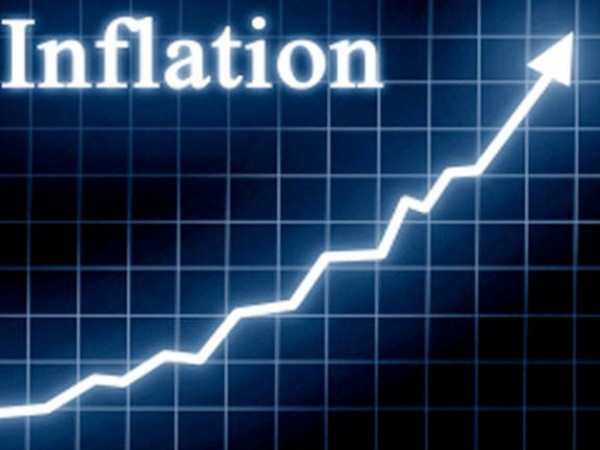Sterling's Struggle: Weak UK Data and Rising Dollar
The pound faces its largest weekly loss since January due to weak UK economic data and a strong dollar driven by anticipated U.S. growth and inflation under Trump's policies. Britain's economy shrank unexpectedly in September, and the growing U.S. dollar poses further challenges for sterling.

The British pound is heading toward its largest weekly loss since January, as analysts point to weak UK economic indicators compounded by a swelling dollar. Investor confidence in policies projected to enhance U.S. growth and inflation under Donald Trump has fueled the dollar's surge.
Recent data reveals that Britain's economy contracted unexpectedly in September, casting doubt over the economic recovery. The pound remains stagnant at $1.26795, its lowest since May, potentially declining by 2% this week. This marks its biggest weekly loss in ten months.
Investor expectations are growing for U.S. economic policies that favor growth, with hefty tariffs and deregulation in sight. The dollar's rise to its highest in about a year has diminished the pound's exchange rate strength, while analysts anticipate gradual rate cuts from the Federal Reserve amid high inflation predictions.
(With inputs from agencies.)
- READ MORE ON:
- pound
- UK economy
- sterling
- dollar
- Trump
- interest rates
- Federal Reserve
- tariffs
- inflation
- growth
ALSO READ
Trump Drives Message Home on 'Garbage' Comment
Bank of Japan Holds Steady on Interest Rates Amid Inflation Forecast
Tight Race: Harris vs. Trump in 2024 Presidential Election
Europe Prepares for U.S. Presidential Outcome: Trump's Return or a Continuation?
Battle for Wisconsin: Harris and Trump Face Off










